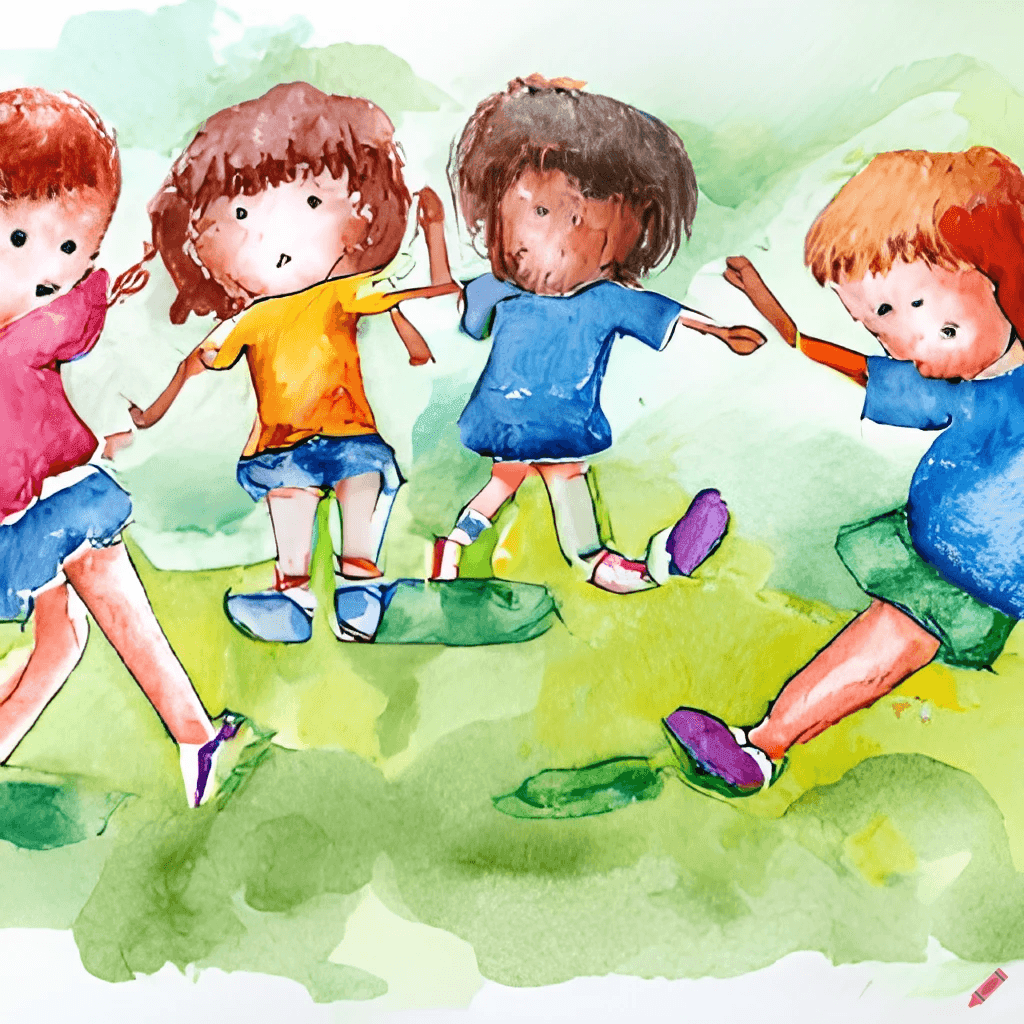Discipline is an essential aspect of parenting, but it's important to approach it in a way that promotes healthy self-esteem in children.
Effective discipline not only helps children learn right from wrong, but it also plays a crucial role in shaping their self-perception and confidence. In this article, we will explore discipline strategies that not only teach children valuable life lessons but also support the development of healthy self-esteem. By using these strategies, parents can guide their children's behavior while nurturing their self-worth and emotional well-being.
1. Set Clear and Reasonable Expectations
Establishing clear and reasonable expectations is crucial for promoting healthy self-esteem in children. Clearly communicate your expectations regarding behavior, chores, and responsibilities. Ensure that these expectations are age-appropriate and realistic, considering your child's developmental stage and abilities. When expectations are clear, children have a better understanding of what is expected of them, which can boost their confidence and sense of accomplishment when they meet those expectations.
2. Encourage Open Communication
Maintaining open lines of communication with your child is vital for their self-esteem. Encourage them to express their thoughts, feelings, and concerns without fear of judgment or punishment. Active listening and empathy are key components of open communication. By validating their emotions and providing a safe space for them to express themselves, you show them that their opinions and experiences are valued, fostering a sense of self-worth.
3. Use Positive Reinforcement
Positive reinforcement is a powerful tool for promoting healthy self-esteem. Acknowledge and praise your child's efforts, achievements, and positive behaviors. Celebrate their successes, no matter how small, and provide specific feedback to highlight their strengths. This recognition and encouragement build their confidence and reinforce positive behavior patterns. Instead of focusing solely on mistakes or misbehavior, redirect your attention to their positive actions, fostering a positive self-image.
4. Teach Problem-Solving and Decision-Making Skills
Empowering children to solve problems and make decisions on their own helps boost their self-esteem. Encourage them to brainstorm solutions, evaluate options, and make choices. Guide them through the process, offering support and guidance as needed. This allows them to develop critical thinking skills, build confidence in their abilities, and understand the consequences of their actions. By nurturing their problem-solving skills, you equip them with valuable tools for navigating challenges and bolster their self-assurance.
5. Set Boundaries with Consistency and Empathy
Establishing boundaries is an essential part of discipline, but it's crucial to do so with empathy and consistency. Clearly communicate the boundaries and rules, explaining the reasons behind them. Ensure that consequences for crossing these boundaries are fair and age-appropriate. Consistency in enforcing the rules provides a sense of security and predictability for children. Applying consequences with empathy and understanding helps them understand the impact of their actions while reinforcing that your love and support are unwavering.
Conclusion
Discipline strategies that promote healthy self-esteem are instrumental in shaping children's behavior, character, and overall well-being. By setting clear expectations, fostering open communication, using positive reinforcement, teaching problem-solving skills, and setting boundaries with empathy and consistency, parents can effectively discipline their children while nurturing their self-esteem. Remember that discipline is not about controlling or shaming children but guiding them towards responsible behavior, independence, and a strong sense of self-worth. By employing these strategies, parents can create a supportive and loving environment that encourages children to grow into confident, resilient, and self-assured individuals.







